Description
Several studies have been produced which suggest that alliums, including chives, could help prevent or fight against cancer. Certain compounds found in chives, including sulfur, can deter cancerous cells from growing or spreading throughout the body. Chives are packed with Vitamin K, a critical component in bone density. contain both choline and folate. Individually, each of these components is linked to improving memory functions.
Don’t forget about the chive flowers—they’re edible and highly attractive to bumblebees, hoverflies, and other beneficial garden insects. Gently pull the clusters apart, then scatter the tiny flowers over salads and hors d’oeuvres. Or make chive blossom vinegar: Fill a bottle with just-opened chive blossoms, then fill the bottle with white vinegar. After two weeks, strain the vinegar, and use it for vinaigrettes and to finish cooked dishes.
Chives are an excellent option for herb container gardening.
Sow 5mm-1cm (¼-½”) deep and keep moist until germination. If starting indoors, use bottom heat and plant 10-15 seeds per cell in a 72 cell plug tray. Transplant either into containers or into the garden once the soil has warmed up. Space clumps 15cm (6″) apart.
The whole plant can be cut down to 4cm (2″) from the ground. Use scissors and take as much as needed. Chives don’t dehydrate well, so use fresh portions regularly.
Chives are said to improve the flavour of carrots and tomatoes, and make a good companion plant for Brassicas. They help to repel aphids, carrot rust fly, and Japanese beetles. Avoid planting near beans and peas.
approx 100 seeds

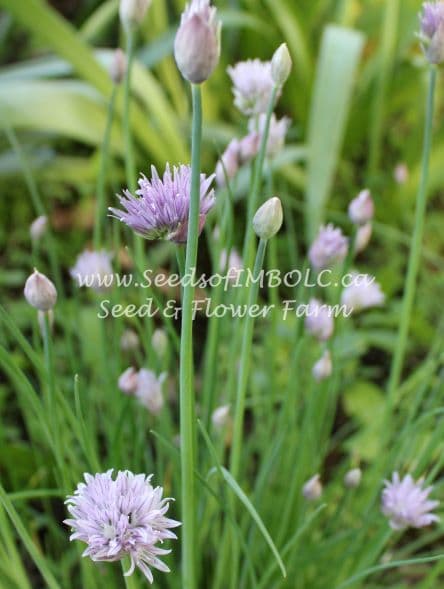
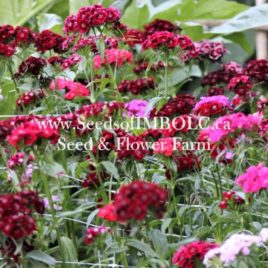
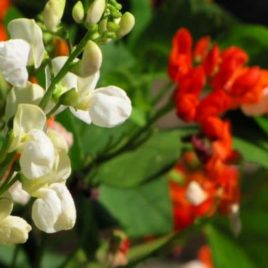
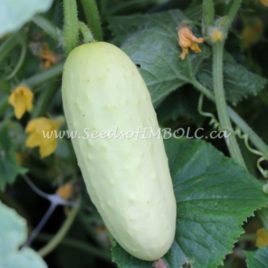
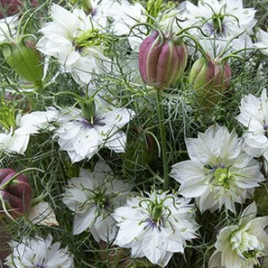
Reviews
There are no reviews yet.